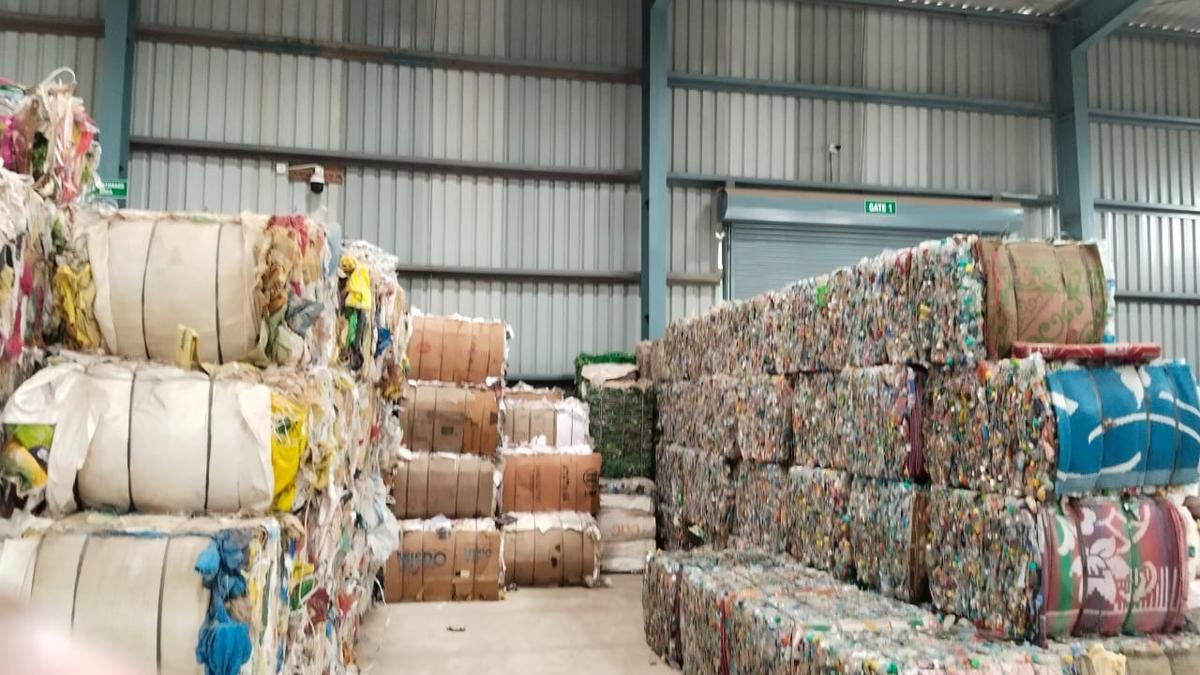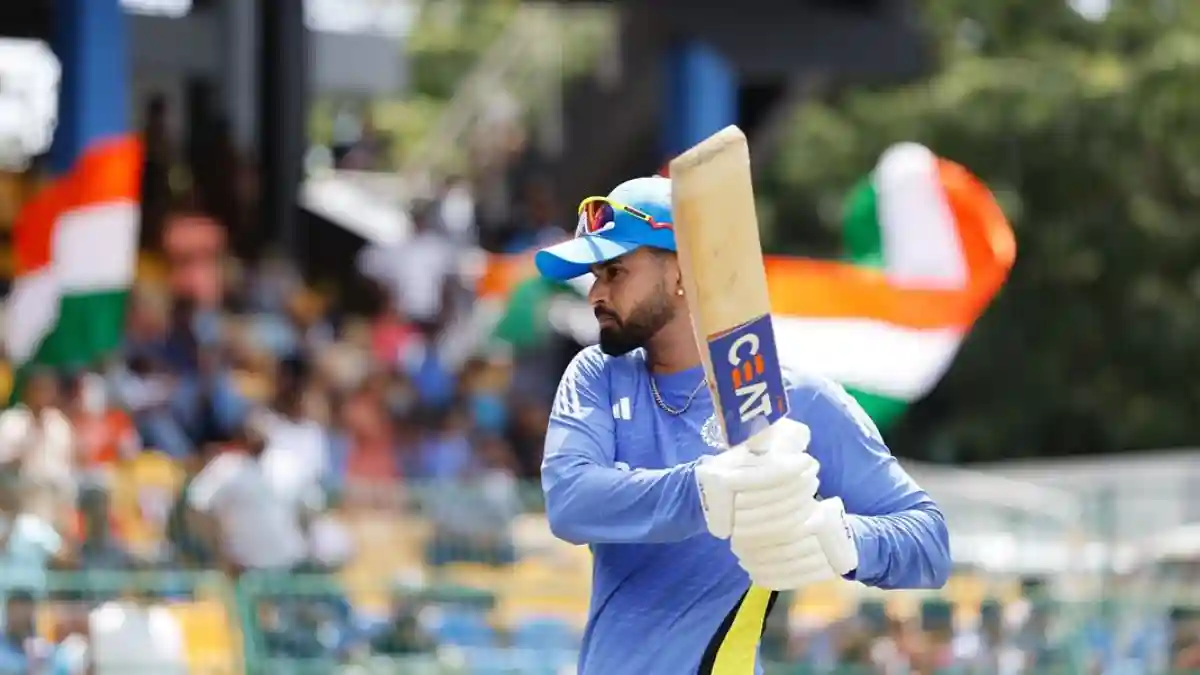By The Hindu Bureau
Copyright thehindu

To improve the functioning of the four Material Recovery Facilities (MRFs) in Dakshina Kannada district, which operate on a zero-cost model, Zilla Panchayat Chief Executive Officer Narwade Vinayak Karbhari on Friday requested that banks finance ₹2.15 crore for the MRFs, which handle 22 tonnes of dry waste daily.
Mr Karbhari said there was a need for four trucks for the MRFs in Thenka Yedapadavu of Mangaluru taluk, Narikombu of Bantwal taluk, Ujire of Belthangady taluk, and Kedambady of Puttur taluk.
Except for the MRF in Yedepadavu, where workers operate in two shifts between 8 a.m. and 10:30 p.m., the three other MRFs operate in a single shift from morning to evening. They plan to establish a residential facility for the workers, which will enable MRFs to operate in three shifts. There was a need for more baling machines for MRFs.
“Banks can come forward to fund the needs of MRFs,” Mr. Karbhari said during the meeting of bankers at the Zilla Panchayat auditorium.
Having supplied 1.7 lakh kg of Low-Density Polyethene (LDPE) plastics from MRFs for use by the National Highways Authority of India (NHAI) in the 50-km-long bituminous road from Talapady and Sasthana, Mr. Karbhari said MRFs will continue to provide LDPE plastic for other roads of NHAI. The Panchayat Raj Engineering Division and Nirmiti Kendra will be asked to make use of plastic for their bitumen road works.
The Yedapadavu facility, with a 10-tonne per day (TPD) capacity, processes dry waste from 51 gram panchayats in Mangaluru, Moodbidri, Mulki, and Bantwal taluks. The Kedambady MRF processes dry waste from 22 gram panchayats in Puttur, 21 in Kadaba, and 25 in Sullia taluks. The Ujire MRF processes dry waste from 48 gram panchayats of Belthangady taluk. Meanwhile, the Narikombu MRF handles dry waste from 39 gram panchayats from Bantwal taluk and 17 gram panchayats from Ullal taluk.
The MRFs were self-sustaining, meaning neither the panchayat paid anything to the MRF operator nor the operator paid anything to the panchayats. All the gram panchayats collect dry waste from door to door and store it in a designated place. Trucks from the MRF transport the waste to the MRF, where it is segregated based on size. Recyclable waste will be baled and sent to the designated recycler, while non-recyclable waste will be sent to cement factories as fuel.



